Avoid legacy date-time classes
GregorianCalendar is one of the terrible date-time classes bundled with the earliest versions of Java. Now supplanted by the java.time classes with the adoption of JSR 310.
ZonedDateTime
Do not waste time trying to understand GregorianCalendar. That class is specifically replaced by ZonedDateTime.
To interoperate with old code not yet updated to java.time, you can convert back-and-forth. Look to new methods added to the old classes.
ZonedDateTime zdt = myGregCal.toZonedDateTime() ;
…and…
GregorianCalendar myGregCal = GregorianCalendar.from( zdt ) ;

Interrogate for time-of-day
Capture the current moment as seen in a particular time zone.
ZoneId z = ZoneId.of( "America/Chicago" ) ; // CST is ambiguous, and not a real time zone. Use proper `Continent/Region` names.
ZonedDateTime zdt = ZonedDateTime.now( z ) ;
Or, let's use your specific example: Mon Sep 16 16:40:37 CST 2013.
LocalDate ld = LocalDate.of( 2013 , Month.SEPTEMBER , 16 ) ;
LocalTime lt = LocalTime.of( 16 , 40 , 37 ) ;
By the pseudo-zone CST, did you mean China Standard Time or Central Standard Time? I will guess the second, so a time zone such as America/Chicago or America/Winnipeg.
Specify a proper time zone name in the format of Continent/Region, such as America/Montreal, Africa/Casablanca, or Pacific/Auckland. Never use the 2-4 letter abbreviation such as EST or CST or IST as they are not true time zones, not standardized, and not even unique(!).
ZoneId z = ZoneId.of( "America/Chicago" ) ;
Put it all together to determine a moment, a specific point on the timeline.
ZonedDateTime zdt = ZonedDateTime.of( ld , lt , z ) ;
zdt.toString(): 2013-09-16T16:40:37-05:00[America/Chicago]
Now we are ready to interrogate for the time-of-day parts as you do in the Question.
int hourZdt = zdt.getHour() ;
int minuteZdt = zdt.getMinute() ;
hourZdt: 16
minuteZdt: 40
To adjust to UTC, extract an Instant object. An Instant is always in UTC, by definition.
Instant instant = zdt.toInstant() ;
instant.toString(): 2013-09-16T21:40:37Z
The Instant class a basic building-block of java.time, with limited features. Let’s convert to an OffsetDateTime for more flexibility. We specify an offset-from-UTC of zero hours-minutes-seconds, for UTC itself, by specifying the constant ZoneOffset.UTC.
OffsetDateTime odt = instant.atOffset( ZoneOffset.UTC ) ;
odt.toString(): 2013-09-16T21:40:37Z
Interrogate for time-of-day parts.
int hourOdt = odt.getHour() ;
int minuteOdt = odt.getMinute() ;
hourOdt: 21
minuteOdt: 40
See this code run live at IdeOne.com.


